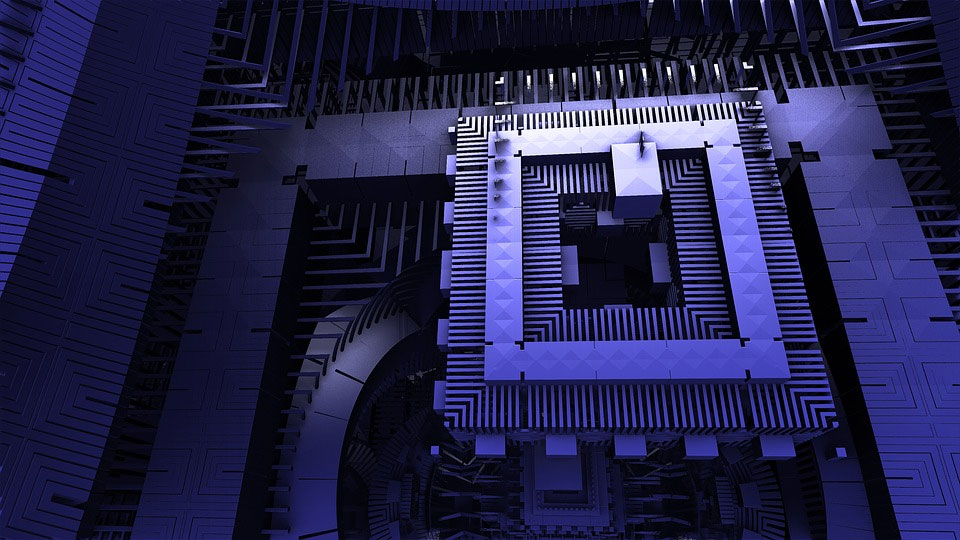Google, Intel, and others to meet at White House to discuss quantum computing push
The US is looking to accelerate efforts into quantum computing.

Several major technology firms are attending a quantum computing summit hosted by the White House today, as the US looks to make some major headway in the field over the next decade. Google and Intel are among those attending, as are executives from AT&T, Honeywell, IBM, Lockheed Martin, and several others.
White House Office of Science and Technology Policy organized the meeting, Reuters reports. The meeting is aimed at coming up with and publishing a strategy on how to advance quantum computing and "really develop a plan" for making it a reality.
This is not something that will affect PC gaming in the next several years, but it could certainly have an impact sometime down the road.
Quantum computing is much more complex and far faster at running calculations than today's computing methods. There's a detailed write-up at Wired that provides a pretty good overview and is worth reading if you've never heard of quantum computing, or just want to understand it a bit better. In short, whereas conventional computers are based on bits (0s and 1s of binary code), quantum computing uses quantum bits, or qubits, which can exist in superpositions of 1 and 0.
It's a lot to wrap one's head around. The takeaway is that quantum computing could have a major impact on all areas of science and technology.
The US is eager to usher in the era of quantum computing. Lawmakers are trying to approve $1.3 billion in funding over the next five years to help "create a unified national quantum strategy." According to ABC News, the US is partially motivated by fears of growing competition from China.
There are several challenges that lie in the way of quantum computing being used on a mass scale. Everything from cooling to even the programming language present significant hurdles. As it pertains to the latter, Microsoft last year announced a breakthrough in a programming language that is integrating into Visual Studio, and is designed to work on both a quantum simulator and a quantum computer.
The biggest gaming news, reviews and hardware deals
Keep up to date with the most important stories and the best deals, as picked by the PC Gamer team.
As it pertains to gaming, it's tough to predict the precise impact quantum computing will have. Generally speaking, it will probably help deliver better physics and AI scenarios, as opposed to providing the horsepower for, say, a completely ray-traced experience in real time (versus the current hybrid solution that Nvidia's RTX technology uses). Think bigger and more complex environments, deeper interactions with smarter NPCs, and that sort of thing.
"[Quantum machine learning] will give game developers an opportunity to create experiences that adapt to human input over time. In massively multiplayer scenarios, quantum-powered machine learning will be able to analyze the behaviors of legions of gamers, and create experiences that challenge us better collectively, while adapting to each player’s unique style of play," Jeff Henshaw, founding member of Microsoft’s Xbox team and current group project manager of Microsoft’s Quantum Architecture and Computing Group (QuArC), recently told Gizmodo.
It's all speculation right now, but here's hoping we find out sooner rather than later.
Paul has been playing PC games and raking his knuckles on computer hardware since the Commodore 64. He does not have any tattoos, but thinks it would be cool to get one that reads LOAD"*",8,1. In his off time, he rides motorcycles and wrestles alligators (only one of those is true).


